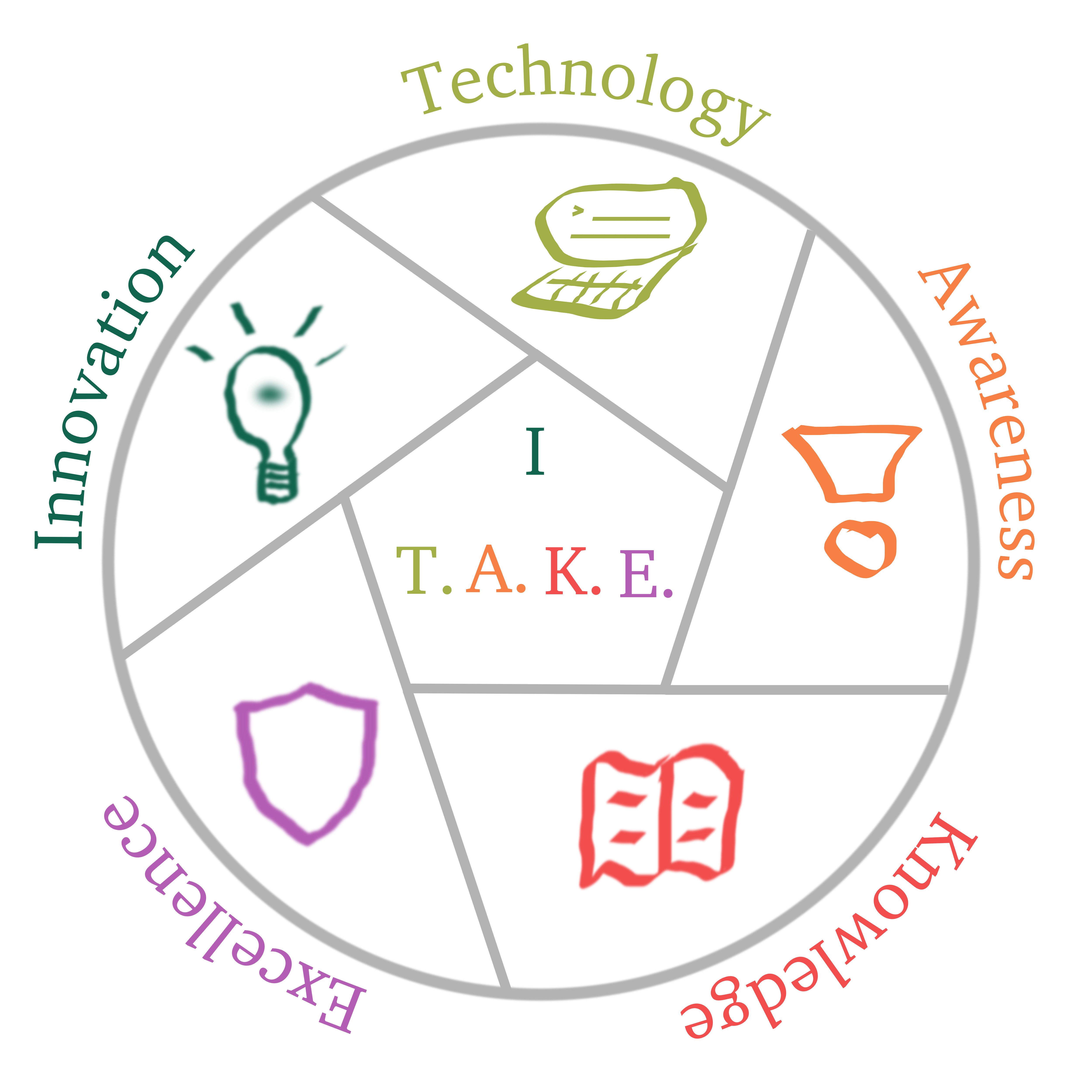Smart contracts were first referred to by Nick Szabo in the 1990s as “a set of promises, specified in digital form, including protocols within which the parties perform on these promises.” Namely, smart contracts are software codes that embed the terms and conditions of a contract and that run on a network leading to a partial or full automated self-execution and self-enforcement of the contract.
Some smart contracts include a dispute resolution clause to resolve any issues prior to the self-execution and enforcement of the contract. The dispute resolution clause in question can be an online arbitration clause. The arbitral award arising from the dispute resolution process can be issued either by an actual arbitrator through the use of ICT or potentially through an arbitration system based on artificial intelligence. Once the arbitral award is issued in either form in the context of smart contracts, the award can be automatically enforced by the software code. Given these technological advancements touching on online arbitral awards, the question arises to what extent the New York Convention on the recognition and enforcement of foreign arbitral awards applies to these new types of arbitral awards and to what extent these blockchain-based arbitral awards are recognised and enforced by the international legal framework governing international arbitration.
In this light the paper focuses on developing an understanding of the extent of the applicability of the New York Convention to the recognition and enforcement of these automated arbitral awards issued in the context of smart contracts. This will help understand how to further develop ODR and arbitration software that is embedded in smart contracts in order to ensure that the results are recognised and compliant with the governing legal framework.

